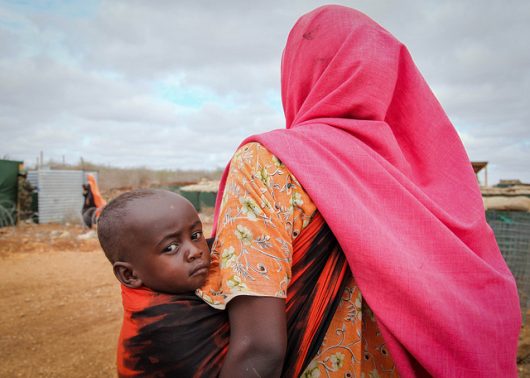Cash on Delivery Could Be the Future of Foreign Aid
 Cash on Delivery is a new approach to foreign aid that incentivizes turning laws and legislation into action. It works to strengthen government accountability to its citizens rather than the donor. It is a way that donors can pay for progress rather than set the platform for it.
Cash on Delivery is a new approach to foreign aid that incentivizes turning laws and legislation into action. It works to strengthen government accountability to its citizens rather than the donor. It is a way that donors can pay for progress rather than set the platform for it.
Cash on Delivery works to provide funding for measurable development so that foreign aid can be more focused on results rather than disbursements. It is this type of results-based aid that is arising from the wonder of why money is being spent overseas rather than on local hospitals if results aren’t the main goal.
In the case of health funding, many developing countries such as Rwanda and Burundi are adopting this type of approach by setting a health standard and receiving, for example, $100 for every child at or above that standard.
Cash on Delivery aid (COD), named after a mail delivery option where you pay for the package upon delivery, is being crowned as the most refined form of results-based aid. It fosters a hands-off approach to development, providing the incentive to progress where the country can use all tools at it needs as long as results are generated.
As many believe foreign aid has long been plagued by micromanagement and transparent contracts, this hands-off approach encourages countries to make their own process decisions and remain independent both culturally and politically.
No more is the time when countries are forced to take fees for basic health services or resources for schools. By giving the decision-making power to the country, aid will be in service of the citizens rather than the donors.
The criticisms of this program lie in the potential risk and short-term feel, but the advantages lie with a more self-sustaining approach to progress. Providing the incentive and the tools to progress may prove just as valuable as the funding itself. Cash on Delivery may just be the future of aid.
– Tucker Hallowell
Photo: Flickr
